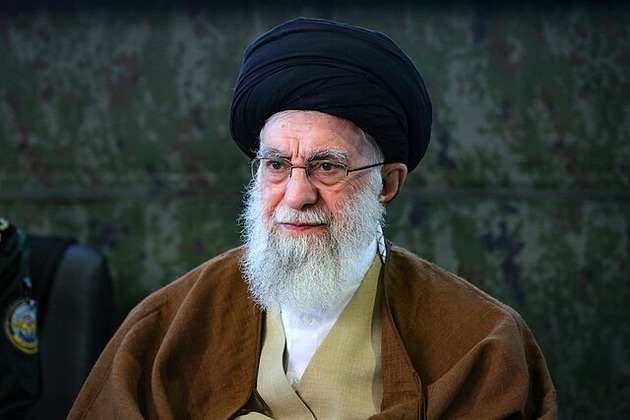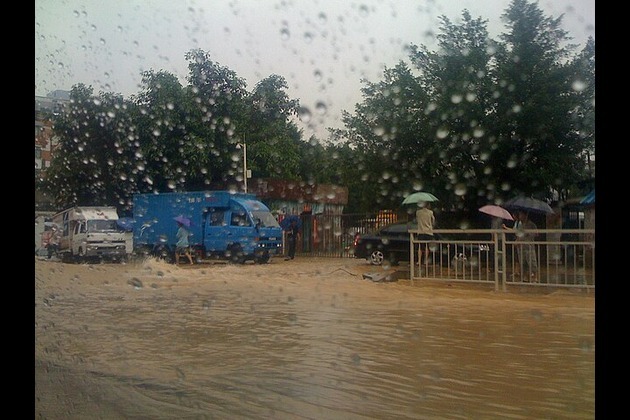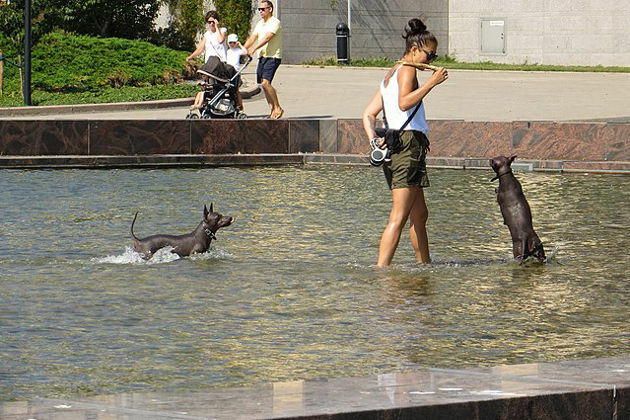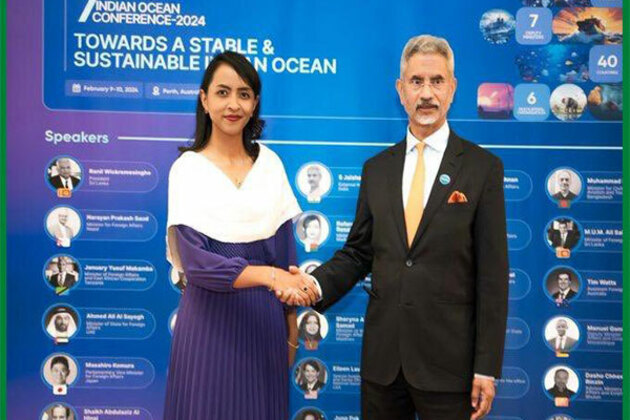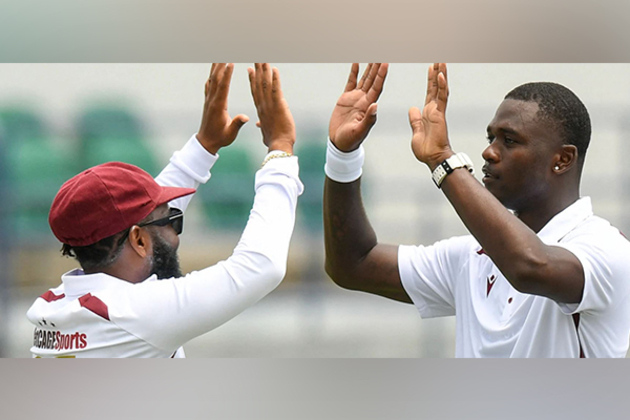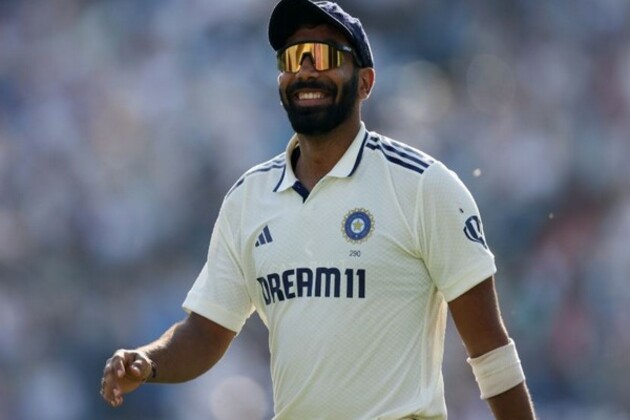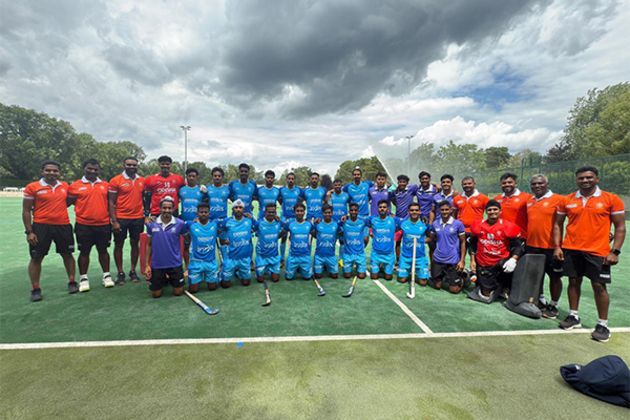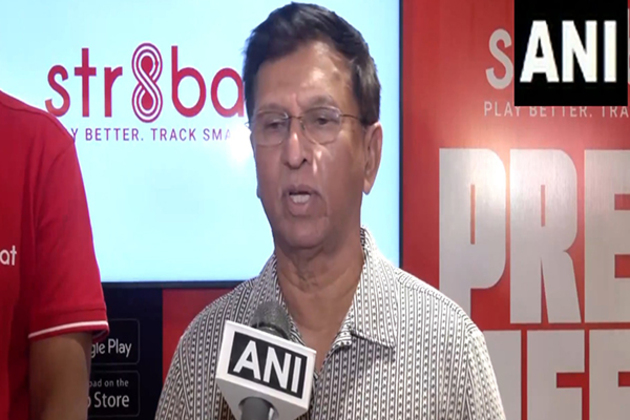The pros and cons of an Australian president
Independent Australia
21 Sep 2022, 12:22 GMT+10
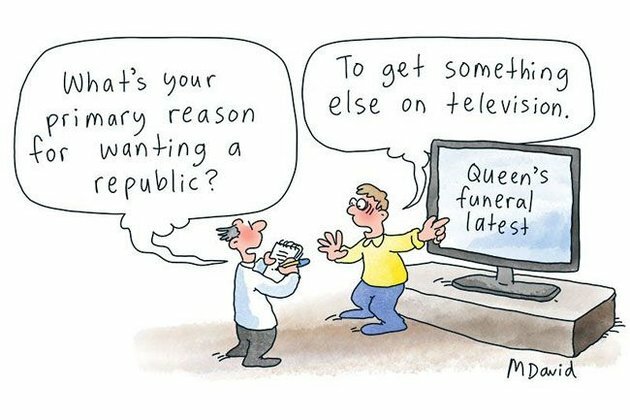
While much has been discussed about electing an Australian president, more consideration is required before moving forward as a republic, writes Professor John Quiggin.
AS WE MARK the passing of Queen Elizabeth, the issue of an Australian republic has naturally arisen. The immediately following question is whether we should support a "minimal" republic, as similar as possible to our current system, or replace the Governor-General with an elected president.
The starting point for both monarchists and supporters of a minimal republic is the claim that "the existing system has worked well". This is incorrect in two crucial respects.
First, the current system gives the prime minister too much power and this power has been increasingly abused in Australia and other Westminster systems. The discovery that former PM Scott Morrison had been secretly sworn in to five separate ministries showed that if the Governor-General had any role beyond that of a rubber stamp, this role had ceased to apply (except for the possibility, discussed later, of a repeat of 1975).
Similarly, Morrison shielded himself from scrutiny by establishing a cabinet committee of which he was the only member. The Labor Government has criticised Morrison's actions but has validated them by refusing to release the minutes of his meetings.
Australia the royal doormat: Time to give the Palace the boot
In the UK and Canada, prime ministers who have lost their majorities in parliament have prorogued parliament, with the acquiescence of the Queen and Governor-General respectively. UK Prime Minister Boris Johnson's action was later ruled to be illegal, but the Monarch did nothing to stop it. We need a president with sufficient independent legitimacy to resist improper demands from the PM.
Second, the issues raised by the 1975 constitutional crisis have never been resolved. Should the Senate choose, once again, to block supply, the same problems would arise. The GG would have to either comply with emergency measures proposed by the PM or repeat the deception practised by Sir John Kerr in 1975 to avoid being sacked. Alternatively, the PM might act pre-emptively, asking the King to appoint a puppet GG (perhaps even the PM themself) before the Senate had time to create a crisis.
The replacement of the GG with a president, secure from dismissal by the PM, would alleviate these problems. But this would depend on the president having sufficient legitimacy to rule against the PM where necessary. That legitimacy would be more secure if the president were directly elected than if they were appointed by a backroom deal between the major parties.
Firstly, there is the default assumption in a democracy that the people should choose their rulers. Those who argue that the voters will inevitably get the choice wrong, for example by following the dictates of the Murdoch press, ought to take the argument to its logical conclusion and support the (essentially) random procedure of choosing a monarch by primogeniture.
Secondly, there is the practical question of which procedure is more likely to select a political partisan.
Royal glamour holding Australia back from becoming a republic
The romanticism and dazzle of royal pageantry are keeping Australia from becoming a republic.
The proposal that the president should be chosen by a two-thirds majority of the Parliament is far from foolproof. Of the federal elections since 1975, two (1975 and 1977) have produced governments with two-thirds majorities in the House of Representatives while 1996 came close. The Senate is more evenly balanced, but Labor currently holds barely one-third of the seats. Even more lopsided outcomes have been seen in state elections.
On the other hand, there is not much risk that either of the major parties could gain enough support to elect a partisan president, especially given a general presumption that the office should be non-partisan. Suppose that Labor, currently well ahead in the polls, nominated an obvious partisan. Provided the L-NP did not follow suit, a respected Independent would easily defeat the Labor candidate. Even if both major parties ran candidates, one of them would probably finish third and an Independent would win on preferences.
The final argument is that the idea of a nominated president has already been put to the people and resoundingly defeated. This failed model should not be given a second chance just because it would suit the political class.
Would the president be too powerful? There is no reason to suppose so. The parliamentary republic with which we share the most history, the Republic of Ireland, has an elected president and the system has worked very well. Even though candidates for president have been supported by political parties, they appear not to have acted as partisans in office and have left the running of the country to the PM.
John Quiggin is Professor of Economics at the University of Queensland. His new book, The Economic Consequences of the Pandemic, is out now from Yale University Press. You can follow John on Twitter @JohnQuiggin.
Related Articles
 Share
Share
 Tweet
Tweet
 Share
Share
 Flip
Flip
 Email
Email
Watch latest videos
Subscribe and Follow
Get a daily dose of Australian Herald news through our daily email, its complimentary and keeps you fully up to date with world and business news as well.
News RELEASES
Publish news of your business, community or sports group, personnel appointments, major event and more by submitting a news release to Australian Herald.
More InformationInternational
SectionMillions endure dangerous US temperatures, heat alert issued
MADISON, Wisconsin: Tens of millions of residents across the Midwest and East Coast faced dangerously high temperatures over the weekend...
Multiple Israeli troops die as armored personnel carrier is blown up in Gaza
KHAN YOUNIS, Gaza - Seven Israeli soldiers were killed in a large explosion in southern Gaza's Khan Younis area on Tuesday night,...
Khamenei remains in hiding as clerics fast-track succession plans
DUBAI, U.A.E.: Iran's top clerics are quietly accelerating succession plans for Supreme Leader Ayatollah Ali Khamenei, who was threatened...
Monsoon floods batter China, raising climate concerns
BEIJING, China: Extreme weather is once again testing China's resilience, as intensifying monsoon rains trigger floods across major...
UK and France issue heat warnings as temperatures climb
LONDON/PARIS: British and French authorities have warned people to stay safe as an early summer heat wave brings unusually high temperatures...
Muslim bloc calls on Israel to sign Nuclear Non-Proliferation treaty
ANKARA, Turkey: Amid rising tensions in the Middle East, the Organisation of Islamic Cooperation (OIC) announced it would form a new...
Sydney
SectionAustralia sanctions Russian pop singer among other public figures
Yaroslav Dronov aka Shaman has been blacklisted over allegedly contributing to Russia's economic or strategic interests ...
EAM Jaishankar greets Madagascar on 65th Independence Day, highlights MAHASAGAR vision
New Delhi [India], June 26 (ANI): External Affairs Minister S. Jaishankar extended greetings to Madagascar on the occasion of the 65th...
Jayden Seales calls 5-wicket haul against Australia his best effort yet
Bridgetown [Barbados], June 26 (ANI): West Indies fast bowler Jayden Seales believes his five-wicket haul against Australia on the...
Shastri cautions India about resting Bumrah in second Test against England
Leeds [UK], June 25 (ANI): Former cricketer and head coach Ravi Shastri believes India should think twice before resting world number...
Indian Junior Men's Hockey Team edges past Australia 2-1 in 4 Nations Tournament
Berlin [Germany], June 25 (ANI): The Indian Junior Men's Hockey Team defeated Australia 2-1 in the battle for third place at the ongoing...
"Want to see team given more time because...": Kiran More backs Team India following their loss against England at Leeds
Mumbai (Maharashtra) [India], June 25 (ANI): Former cricketer Kiran More backed Team India following their loss in the first Test of...



